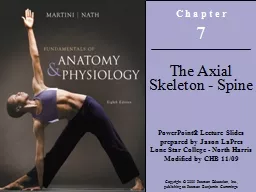PPT-z Work - Life Balance Dan Cummings, LCSW
Author : joanne | Published Date : 2024-01-03
hehimhis Counseling and Testing Services Objectives To understand what work life balance really means To understand consequences when imbalance occurs Identify
Presentation Embed Code
Download Presentation
Download Presentation The PPT/PDF document "z Work - Life Balance Dan Cummings, LCSW" is the property of its rightful owner. Permission is granted to download and print the materials on this website for personal, non-commercial use only, and to display it on your personal computer provided you do not modify the materials and that you retain all copyright notices contained in the materials. By downloading content from our website, you accept the terms of this agreement.
z Work - Life Balance Dan Cummings, LCSW: Transcript
Download Rules Of Document
"z Work - Life Balance Dan Cummings, LCSW"The content belongs to its owner. You may download and print it for personal use, without modification, and keep all copyright notices. By downloading, you agree to these terms.
Related Documents














